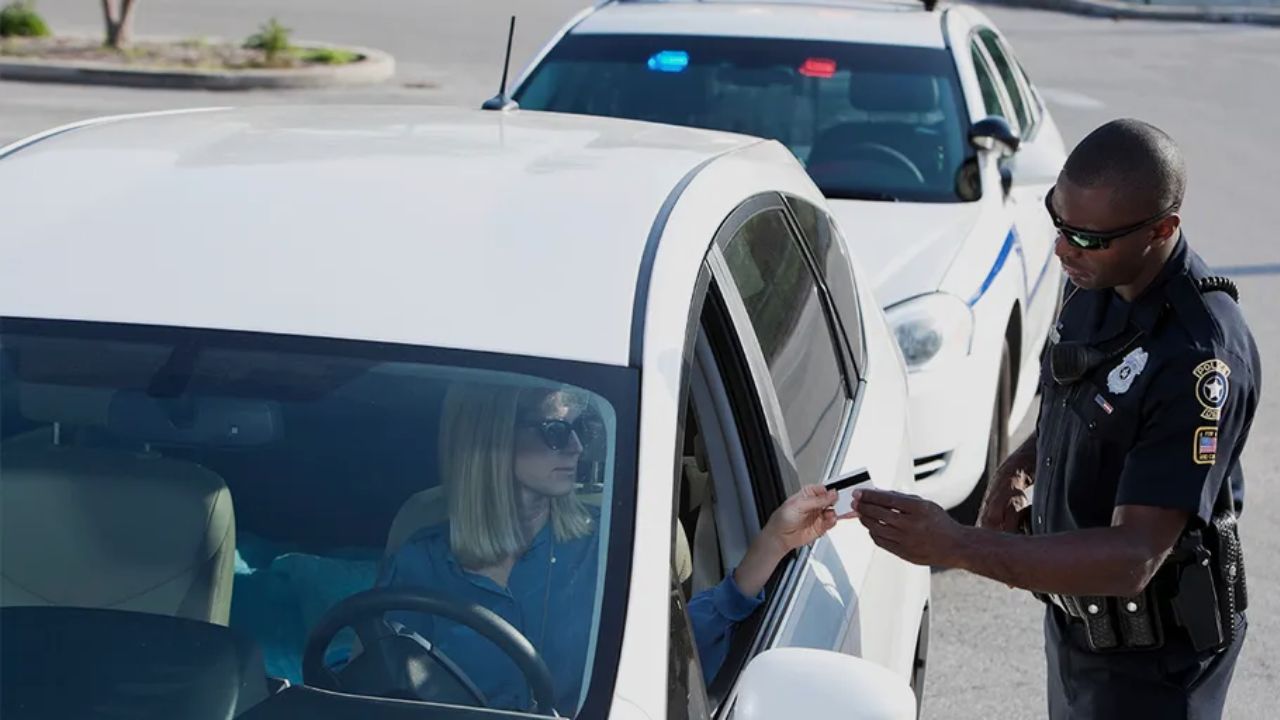Frankfort, Kentucky — Being pulled over can be stressful, and with so much personal information stored on smartphones, many drivers wonder: Can police search your phone during a traffic stop in Kentucky? According to state law and a landmark U.S. Supreme Court decision, the answer is generally no—unless they have a warrant or your consent.
In 2014, the Supreme Court ruled that law enforcement must obtain a search warrant before accessing data on a cellphone seized after an arrest, recognizing that phones hold far more personal information than most other possessions.
Your Rights at a Traffic Stop
During a traffic stop in Kentucky, police must have probable cause or your explicit consent to search your phone—or your vehicle. You have the legal right to refuse consent if an officer asks to look through your phone.
You can also ask if they have a search warrant. If they do not, and no legal exception applies, you are not obligated to allow them access.
When Police Can Search Without a Warrant
The rule that police need a warrant is not absolute. There are narrow exceptions, usually involving exigent circumstances, such as:
- An immediate threat to someone’s safety.
- A risk of imminent destruction of evidence.
These situations are uncommon during routine traffic stops, and courts interpret them very narrowly.
What to Do if Police Try to Search Your Phone
According to Huron Insider, If an officer begins searching your phone—or your vehicle—without a warrant or your consent, the best course of action is to remain calm and clearly state that you do not consent to the search.
It’s important not to physically interfere with the officer, as that could lead to additional charges. Instead, let your attorney challenge any evidence obtained unlawfully. Under the Fourth Amendment, such evidence may be ruled inadmissible in court.
Read Also: South Carolina Traffic Stops: Can Police Search Your Phone Without a Warrant?
Kentucky Law in Practice
In Kentucky, these rights apply both to the contents of your phone and to other personal property. Even if police legally stop your vehicle for a traffic violation, they cannot go through your messages, photos, or apps without meeting the legal requirements.
If they seize your phone during an arrest, the search still cannot proceed without a warrant, unless an emergency situation justifies it.
Tips to Protect Your Rights
Legal experts recommend the following if you are stopped and police ask about your phone:
- Politely refuse consent if you do not want your phone searched.
- Ask, “Do you have a warrant?” before handing over your device.
- Keep your phone locked with a passcode or biometric security.
- Do not delete anything while interacting with law enforcement, as that could be interpreted as destroying evidence.
- Stay calm and respectful to avoid escalating the situation.
The Role of a Defense Attorney
If you believe your phone was searched unlawfully, a criminal defense attorney can file a motion to suppress the evidence. Courts will review whether the search met constitutional requirements, and if not, the evidence may be excluded from your case.
Bottom Line
In Kentucky, police cannot search your phone during a traffic stop without a warrant or your consent, except in rare emergency circumstances. You have the right to refuse, ask about a warrant, and challenge any unlawful search in court.
Knowing your rights—and how to assert them calmly—can make all the difference if you ever find yourself in this situation.
Do you think Kentucky’s search laws strike the right balance between privacy and public safety? Share your thoughts in the comments at ibwhsmag.com.


 by
by 

